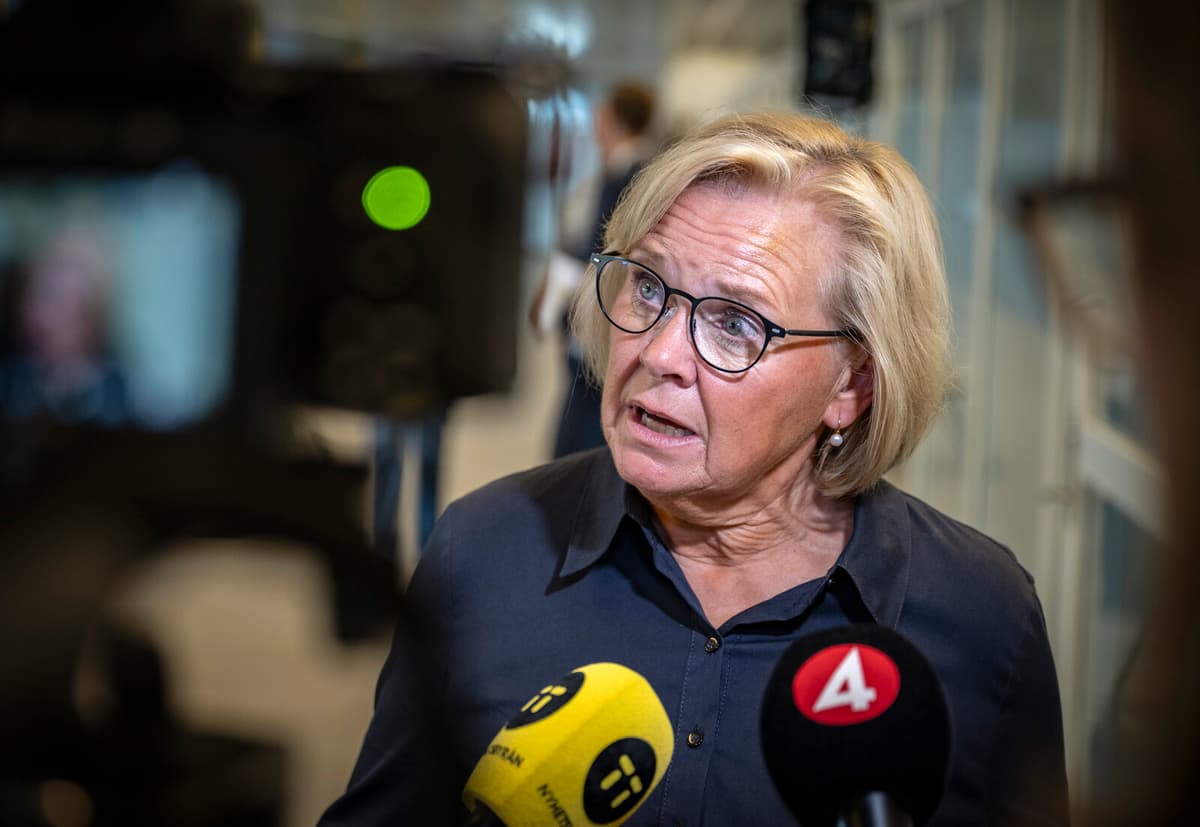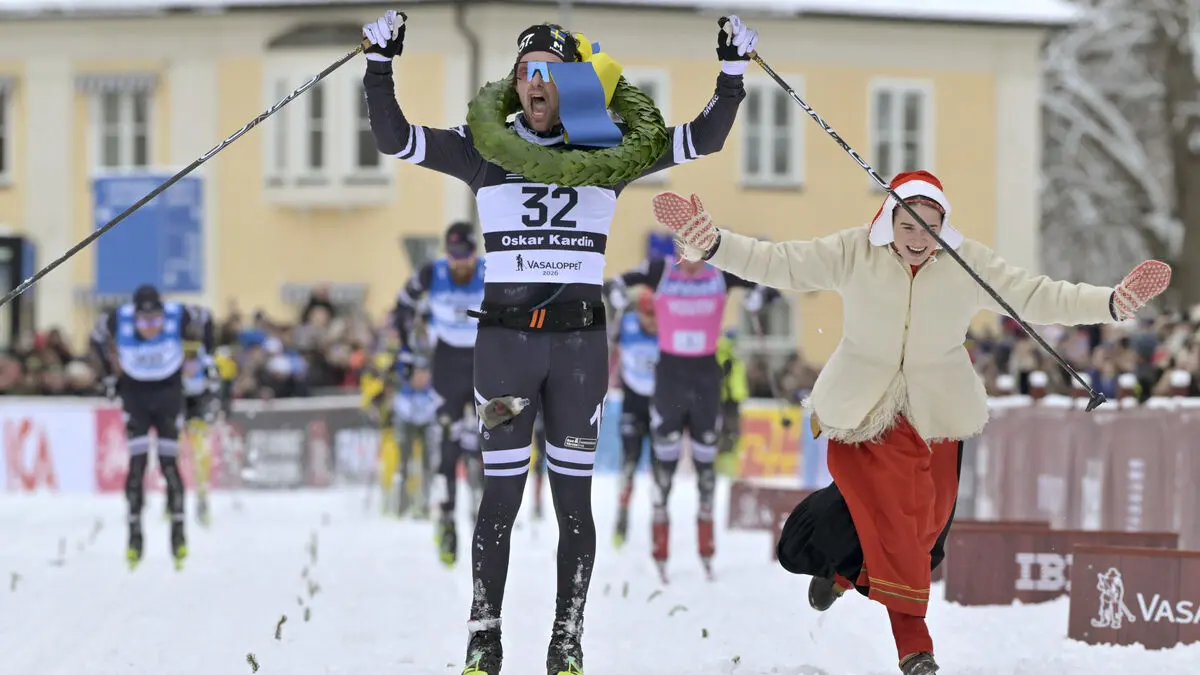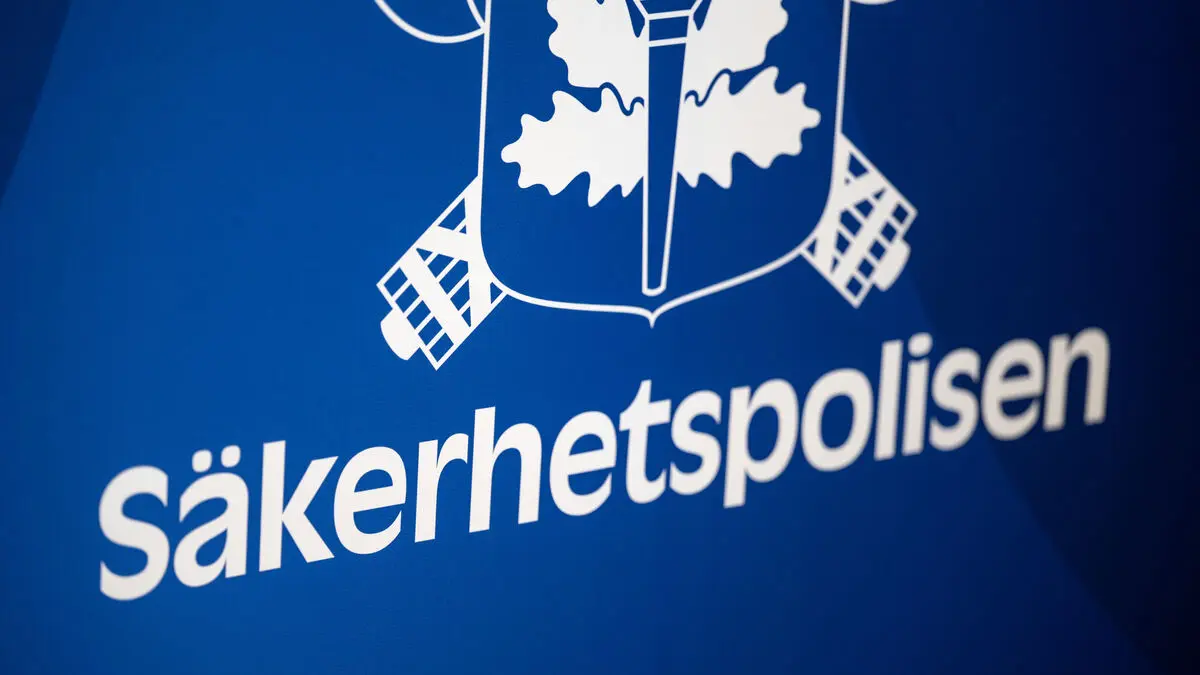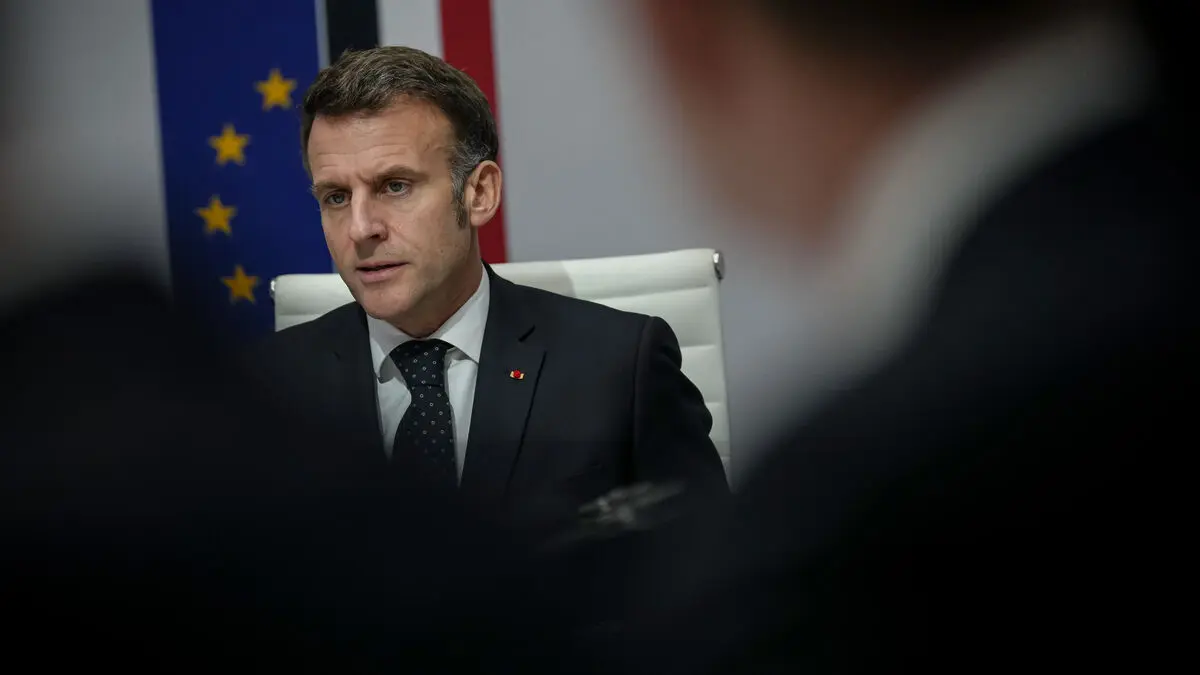Partly, they are in Europe, we have a lot in Spain, on the Balkans, but it's also the Middle East, North Africa, and some in South America, says Lundh in SVT's 30 minutes.
The mapping consists of actors in the top and middle tiers of the criminal hierarchy and are either Swedish citizens or have strong ties to Sweden.
The individuals have, according to the police, established themselves abroad partly to get close to criminal core activities such as drug trafficking, and partly to avoid the Swedish legal system.
The problem may be that many have dual citizenship. Normally, other states do not extradite their own citizens, so you have to do something else. Then you have to think about whether you can prosecute them in the country they are in.
Around a quarter, 150 out of 600, are detained or internationally wanted.
The National Police Commissioner says to SVT that international cooperation within the EU, Europol, and Interpol works well, but that the structure within the serious organized crime makes it difficult to reach the highest-ranking actors.
It's really a complex, international, global problem.






